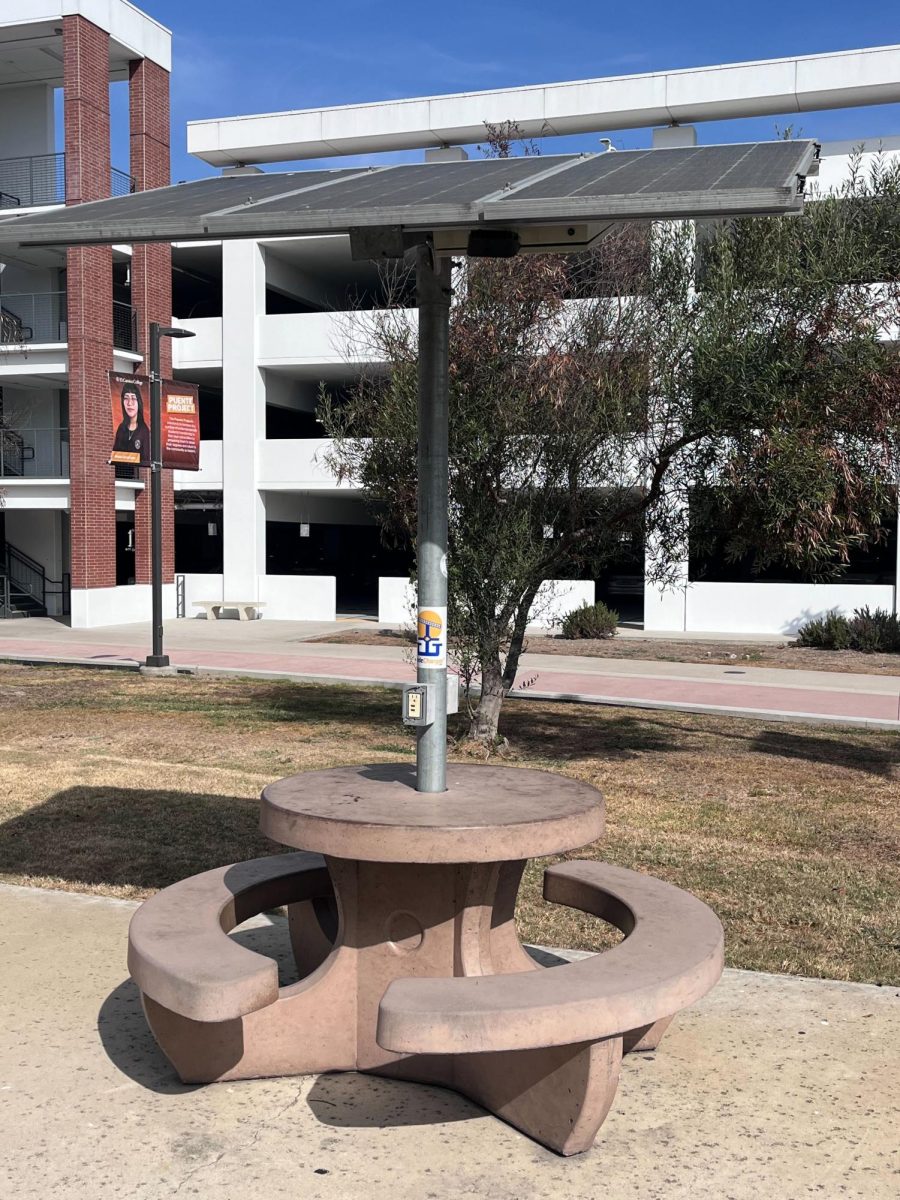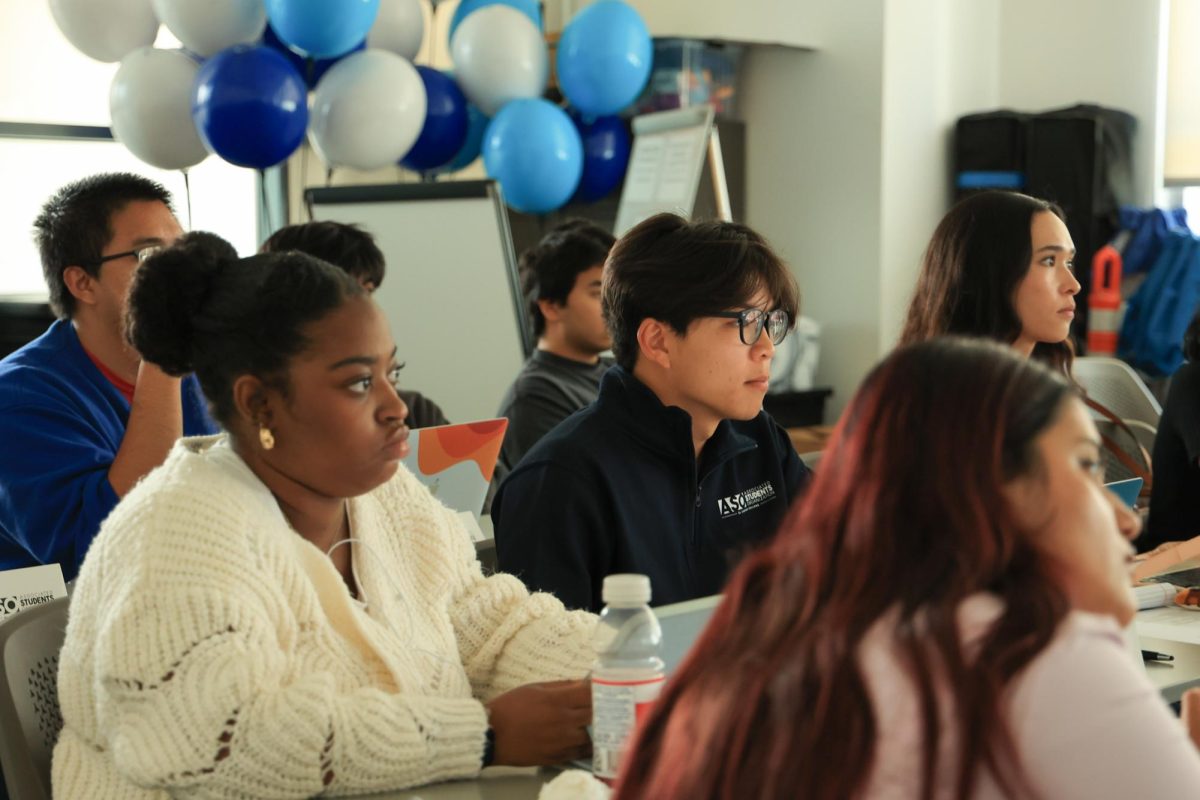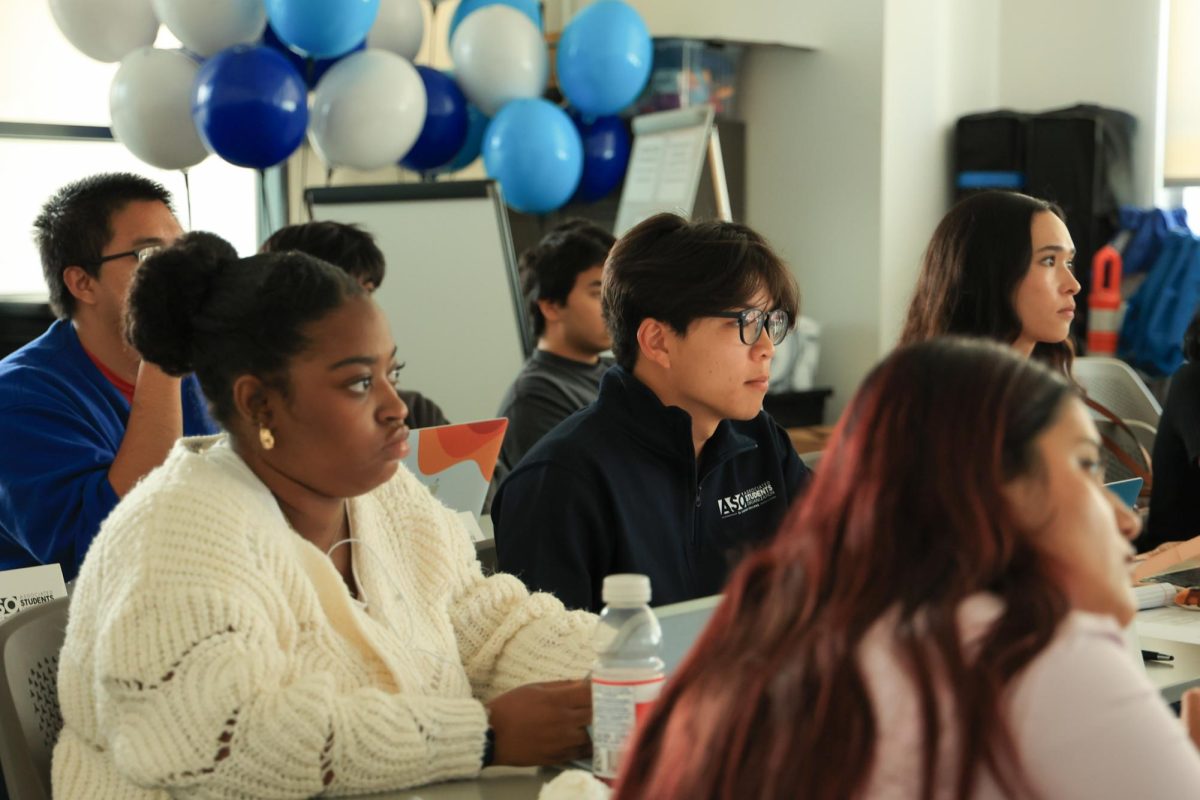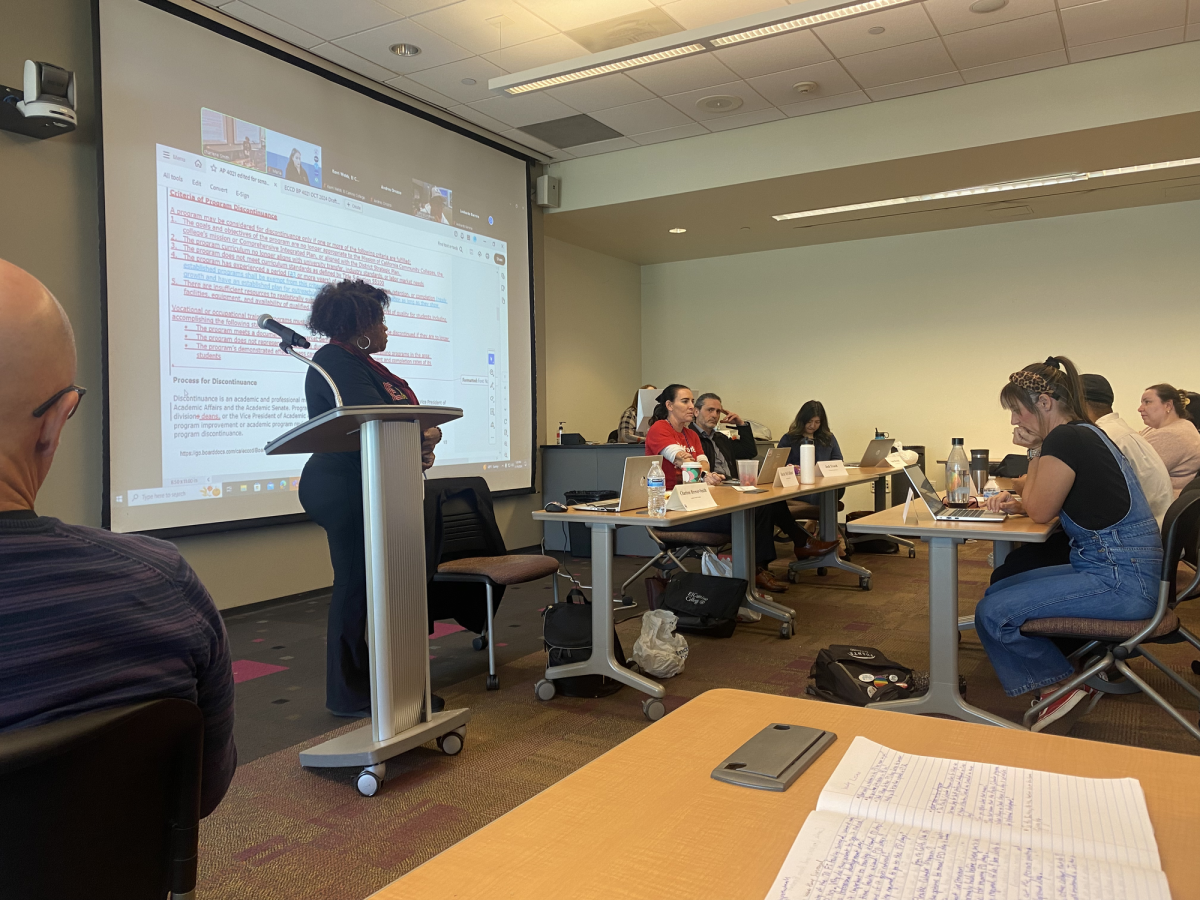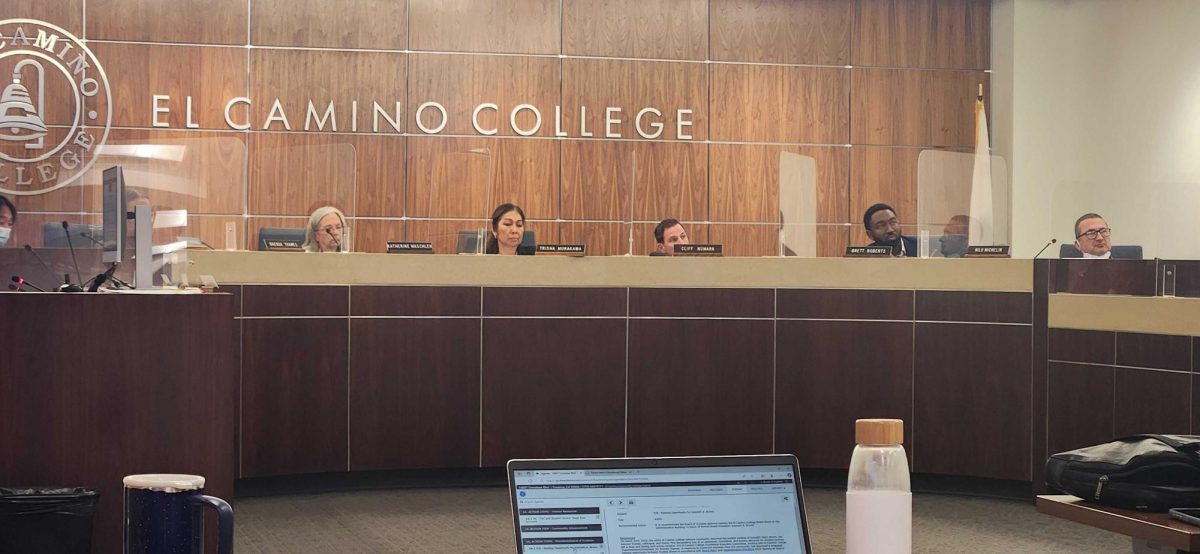For the first time in 27 years, the Special Resource Center will lose services, which will affect 1,200 to 1,300 students, a supervisor said.
The center provides special aid to students with disabilities with health impairments such as visually impaired, deaf and hard of hearing and learning disabled students, the EC catalog reads.
“When I first came to El Camino, I had a learning disability,” Scarlett Mitchell, aeronautical engineering major, said. “The Special Reource Center helped me become eligible for different services I might not have received otherwise.”
Due to budget cuts, the Special Resource Center has reduced its services, supplies, staff and hours.
“(With) our special funding, it’s difficult to serve all the students with all of the needs,” Lyn Clemons, supervisor of the Special Resources Center, said. “We have to solely support all of our services with just our special money, without any money from the general fund.”
The Special Resource Center is categorically funded, meaning it receives special funding from the government to assure services for students with disabilities.
“The federal government and the state government gives each of the community colleges in California a certain amount of money to provide services for students with disabilities,” said Jo Ann Madden, disabled students program and services supervisor of the Special Resource Center.
The center will lose money from the special funding, which is not part of the general fund; s it will lose money from the district funding as well, Clemons said.
“There was a small cut from the special funding and there was a huge cut from the general funding; within the huge cut of the general funding is where we felt it the most,” she said.
The center will have to rely on the support of the special funding to maintain the services provided to disabled students.
“With the district money being cut, we did not receive any of the money to meet our obligation,” Clemons said.
In an effort to resolve some of the issues, the center has recommended students who require the same in-class services, like an interpreter, and are taking the same courses to group up and to share the service.
“We recommend that (for students to join academic groups), and we strongly encourage, but it’s a recommendation because we cannot force students to do that; it is not legally mandated, and it has to do with student choice and academic freedom,” Clemons said.
Since it does not offer tutoring, the Special Resource Center works with the other centers helping to train some of the tutors in the other centers, as well as offering special software for disabled students to use, Clemens said.
“Our students utilize all of the other campus services; now what we have done is help with the training of some of the tutors,” Clemons said. “With the budget cuts we’re doing more and more partnering.”
Mitchell said she has benefited academically from the Special Resource Center. Without it, she said, many students that receive help from the center would take longer to transfer.
“I have been part of the Special Resource Center for about four semesters; it has helped me improve academically,” Mitchell said. “School would take a lot longer without it. It is a great place to come and receive personal and academic guidence.”
EC has adopted the Board Policy 1600.
The policy is an institutional policy regarding full inclusion and effective communication for all programs.
“We have a policy that will help all of the entities on campus to have some procedures, in having a universal design, (which means) having a format that is usable to the broadest population accessible for all students,” Clemons said.
“I don’t think the cuts, are unique to us; it’s happened across the board. If we have to use the special funding for services, how can we grow and how can we provide?” she said.
“It is not fair to students to make them suffer by cutting financial support to the Special Resource Center,” Mitchell said.



